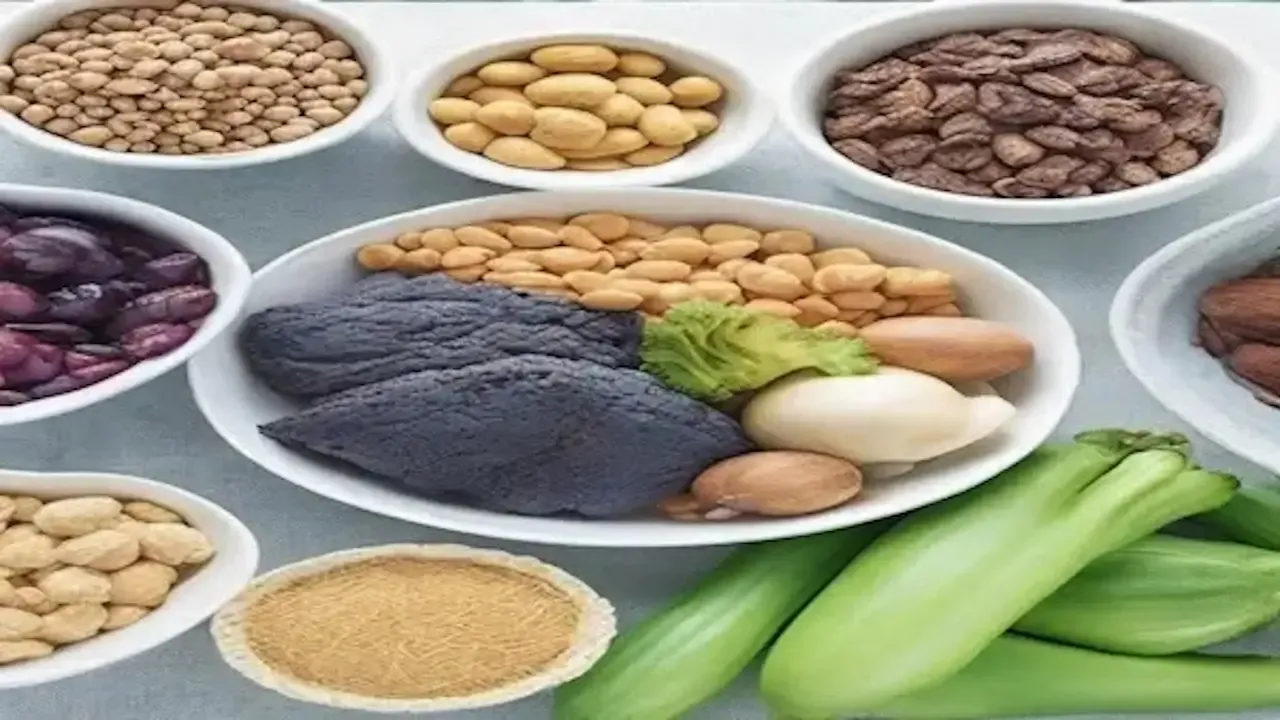Diverticulosis Diet
Welcome to a comprehensive guide on managing diverticulosis through a carefully tailored diet. If you've been diagnosed with diverticulosis or are looking for ways to support your digestive health, this article will provide you with valuable insights and practical tips to make informed dietary choices.
 |
| Diverticulosis Diet |
Table of Contents
- Introduction
- Benefits of Diverticulosis Diet
- Foods to Include
- Foods to Avoid
- Importance of Hydration
- Meal Planning Tips
- Addressing Common Questions
- Conclusion
Benefits of Diverticulosis Diet
A diverticulosis diet plays a crucial role in managing the condition and preventing complications. By focusing on specific foods and making mindful dietary choices, individuals can experience several benefits:
- Reduced risk of diverticulitis flare-ups
- Improved digestive function
- Alleviation of abdominal discomfort
- Enhanced nutrient absorption
Foods to Include
When crafting a diverticulosis-friendly diet, consider incorporating the following:
- High-Fiber Foods: Opt for whole grains, legumes, fruits, and vegetables to promote bowel regularity and prevent diverticula formation.
- Lean Protein: Choose sources like poultry, fish, tofu, and eggs to support muscle health without straining the digestive system.
- Healthy Fats: Include sources such as avocados, nuts, and olive oil to provide essential nutrients and support overall well-being.
Foods to Avoid
To minimize the risk of diverticulitis episodes, it's advisable to limit or avoid certain foods:
- Processed Foods: Reduce consumption of highly processed foods rich in additives and preservatives, as they may trigger inflammation.
- Red Meat: Limit intake of red meat, as it can be harder to digest and may exacerbate symptoms.
- Refined Grains: Cut back on refined flour products, such as white bread and sugary cereals, which lack essential nutrients and fiber.
Importance of Hydration
Staying adequately hydrated is vital for supporting digestive health. Drinking an ample amount of water helps prevent constipation and ensures the smooth passage of stool through the intestines. Aim to consume at least eight glasses of water per day, and consider including hydrating foods like watermelon and cucumber in your diet.
Meal Planning Tips
Here are some practical meal planning suggestions to optimize your diverticulosis diet:
- Start Slowly: Gradually increase fiber intake to allow your digestive system to adjust without causing discomfort.
- Snack Smartly: Choose fiber-rich snacks like raw vegetables, nuts, and whole fruit to keep your digestive system active throughout the day.
- Experiment with Recipes: Explore recipes that incorporate high-fiber ingredients like quinoa, beans, and leafy greens for enjoyable and nutritious meals.
Addressing Common Questions
Can I Still Enjoy Dairy Products?
Absolutely! Low-fat dairy products like yogurt and kefir can be included in your diverticulosis diet. They provide essential nutrients and probiotics that support gut health.
Are Nuts and Seeds Permitted?
While nuts and seeds were previously discouraged, recent research suggests they might not be as problematic as once thought. If well-tolerated, small portions of unsalted nuts and seeds can be consumed.
Is It Necessary to Take Supplements?
In most cases, a balanced diet can provide all the necessary nutrients. However, consulting a healthcare professional can help determine if specific supplements are needed to address potential deficiencies.
Conclusion
Embracing a diverticulosis diet empowers you to take control of your digestive well-being. By selecting the right foods, staying hydrated, and making informed meal choices, you can reduce the risk of complications and enjoy a more comfortable and fulfilling life. Remember, each individual's dietary needs are unique, so working with a healthcare provider or nutritionist can provide personalized guidance on crafting the ideal diverticulosis diet for your specific situation.
Remember that this article serves as a general guide. For personalized advice and recommendations, consult with a qualified healthcare professional.


